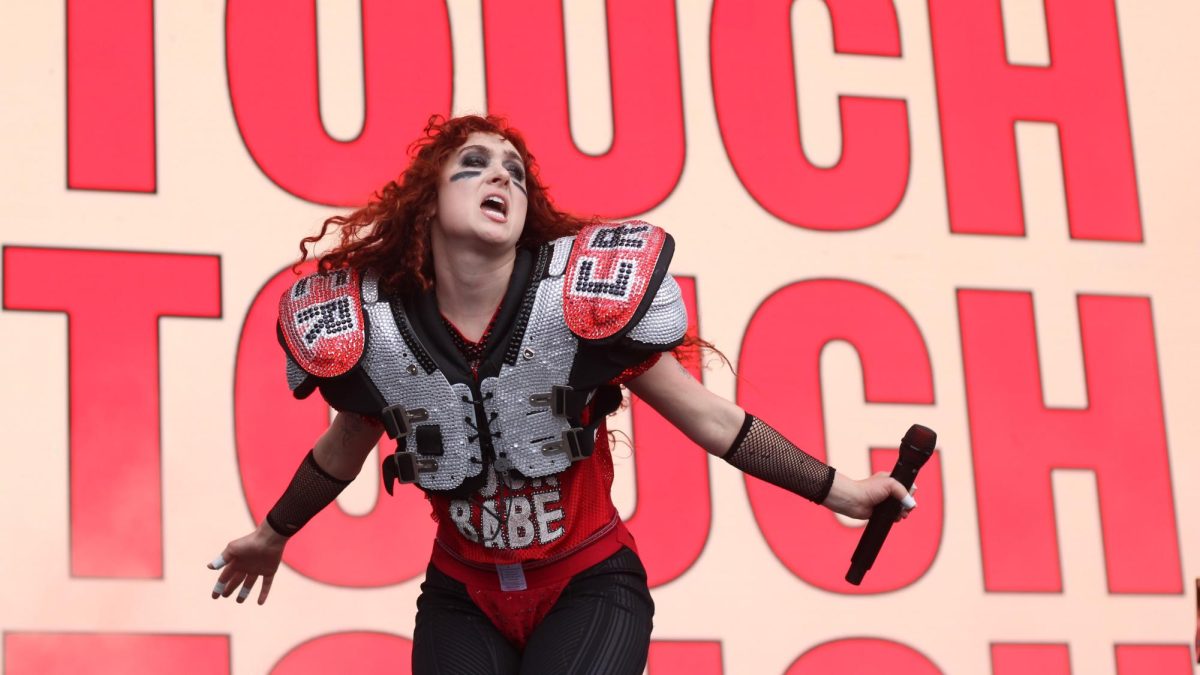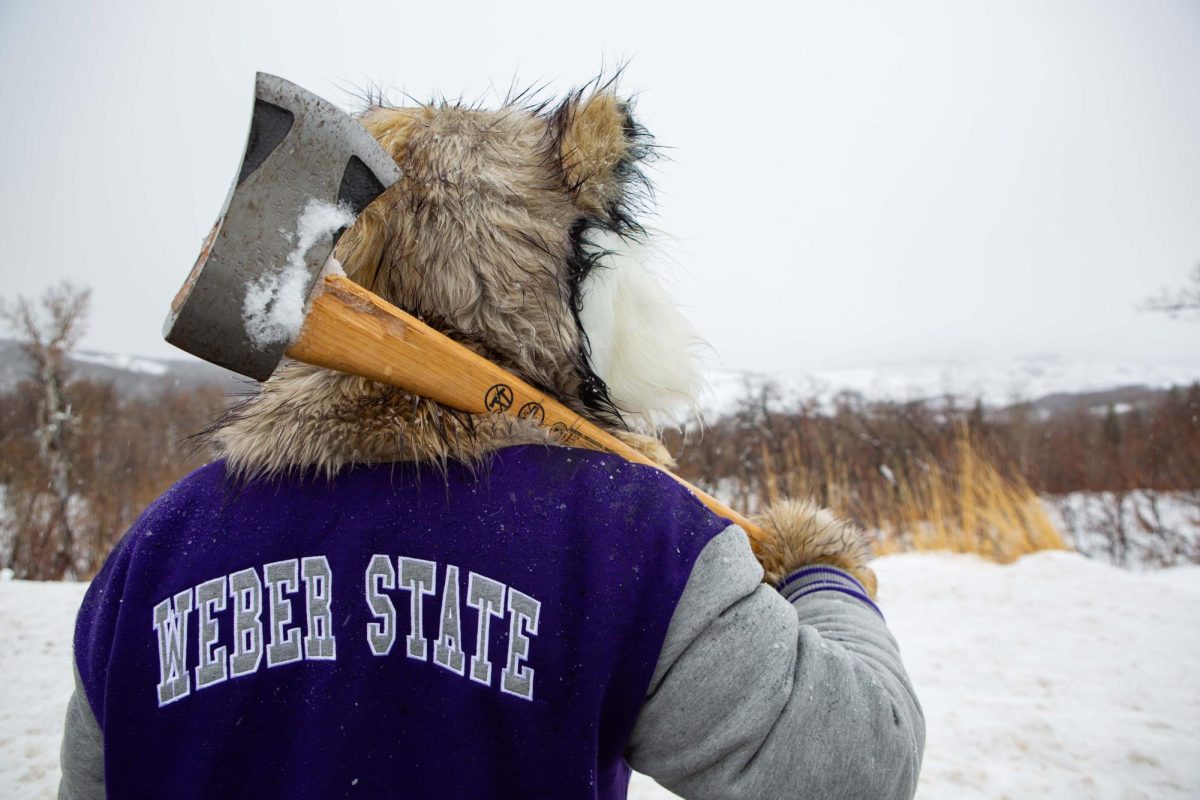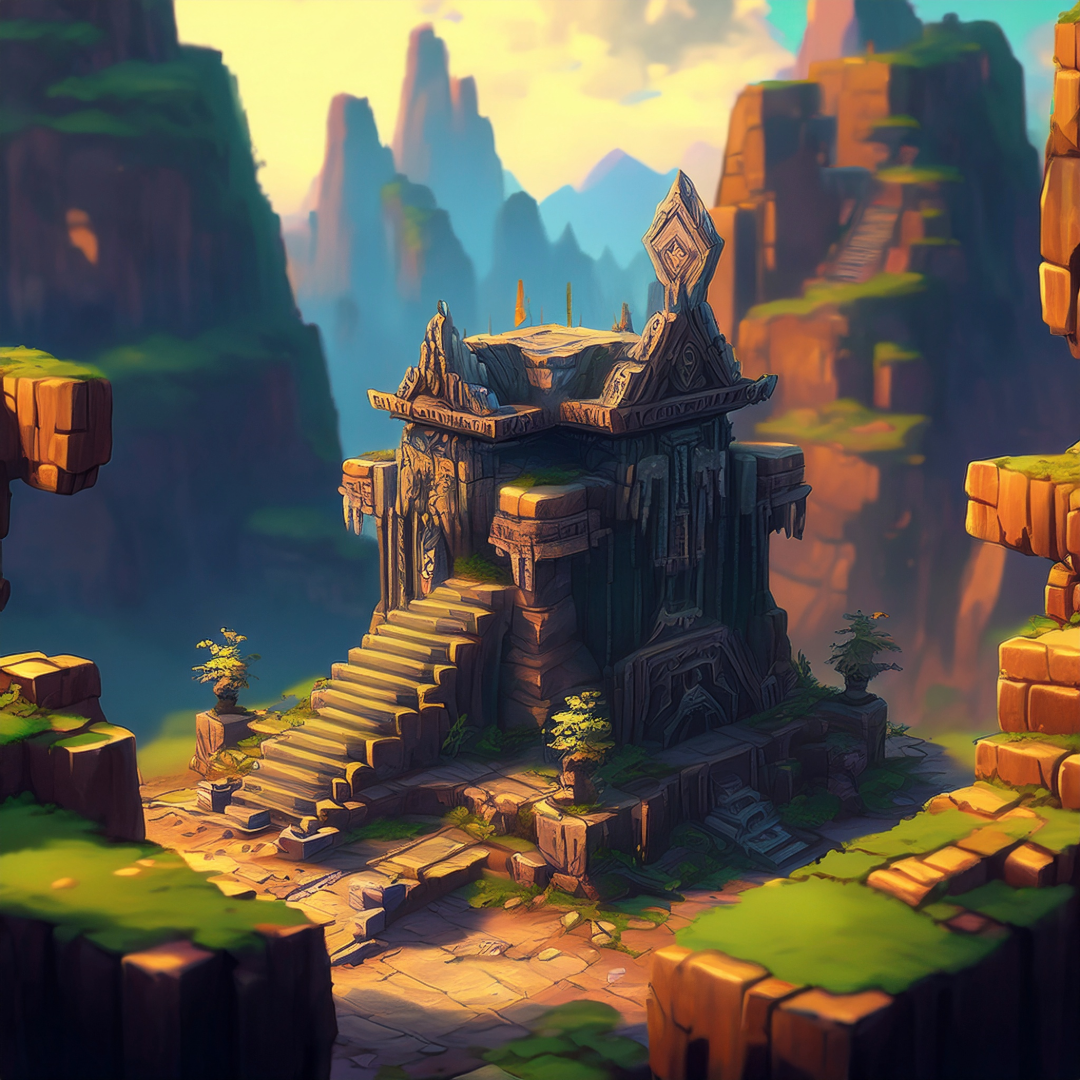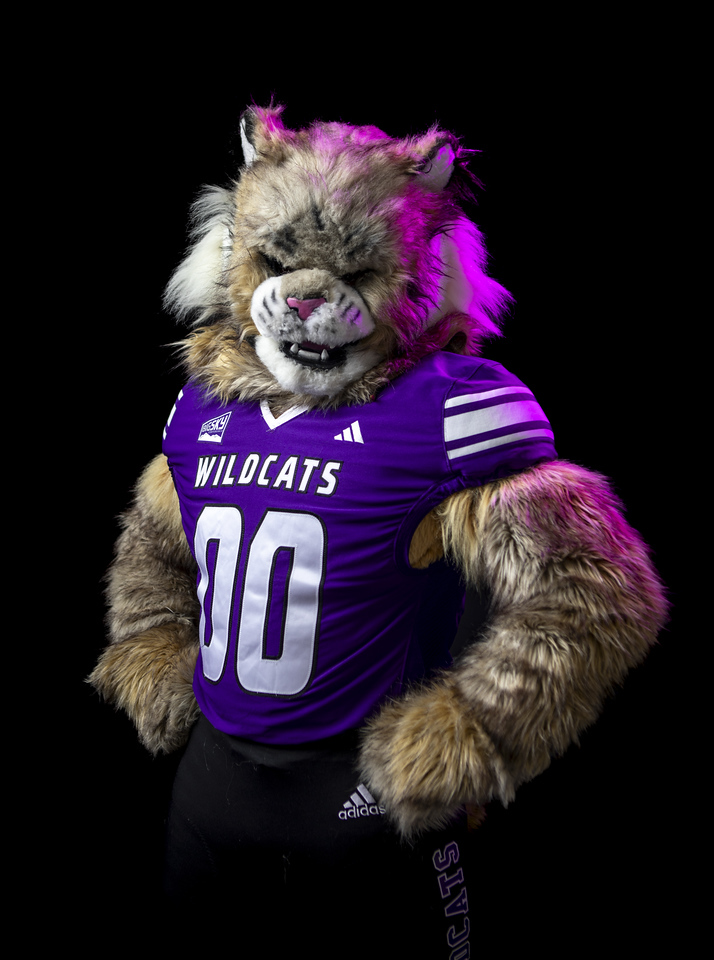
For over 17 years, “The Bachelor” franchise and its spin-offs have attempted to help people find their soulmates. The journey to love, however, has often lacked racial diversity and stuck to a heteronormative arc.
The franchise that took 14 years to see its first black bachelorette and has yet to cast a black bachelor has struggled to emulate society. But Demi Burnett from “Bachelor in Paradise,” a “Bachelor” spin-off show, has taken reign and given the show its first same-sex couple and storyline.
Before “Bachelor in Paradise” began airing earlier in the summer, Burnett came out as queer on Twitter. During the show premiere, Burnett sat down with friend and former Bachelorette Hannah Brown and explained she does not define her sexuality, saying personality is a more critical component than someone’s sex.
This scene could have been the first time some in Bachelor nation have experienced coming out and acceptance of one’s own sexual orientation.
A reflection of the producers and show in 2019 is how Brown listened and helped her friend navigate her identity while being a public figure on a dating show and not batting an eyelash at her coming out; they just want Burnett to be happy.
Burnett’s arc in “Bachelor in Paradise” has revolved around her feelings of uncertainty. She was in a non-committed relationship with a woman before she came on the show, but she established one of the strongest connections on the show with a man, Derek Peth.
Despite seeming like the front-runners on the road to love, Burnett was hot and cold with Peth. Burnett said during show confessionals that she felt something for Peth, but while she was with him, she could not stop thinking of the woman she left at home.
To help Burnett, Chris Harrison — “Bachelor” and its spin-off shows’ host — brought Kristian Haggerty, the woman Burnett had been seeing, to “Paradise.” Had this been a situation during the earlier seasons of the franchise, Harrison does not know how they would have handled it.
“I’m not exactly sure how we would have embraced Demi’s situation in year’s past,” Harrison told The Hollywood Reporter. “But with the way we do the show now, we let it come to us.”
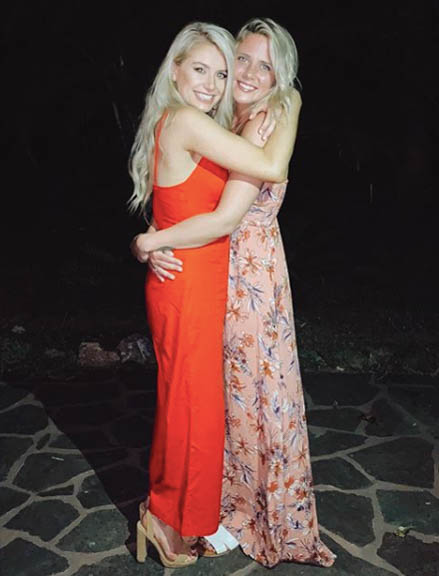
Harrison said the show is more modern now. However, it’s not the show that’s more modern. It’s the audience and their levels of acceptance that drive decisions.
This franchise did not come out with a same-sex edition of the show or have a lead who is sexually fluid. It allowed beloved staple of the franchise Burnett, who was first introduced to Bachelor nation in Jan., to be authentic.
The audience already had an established relationship with Burnett. Thus her coming out was more personal for viewers and possibly easier than outright introducing a new queer cast member. It’s commendable, but it broke history in the most comfortable way.
But for most, any step toward a more inclusive show and franchise is a necessary and welcoming step. With Haggerty’s arrival came embraces, kisses and the affirmation that the two wanted to be exclusive. Bachelor cameras captured the PDA-packed reunion and aired it on a major network during prime-time.
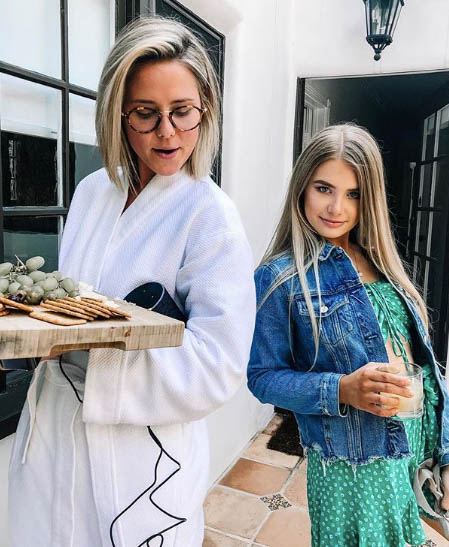
Beyond showing a same-sex couple on mainstream television, audiences are seeing Burnett’s fellow cast members react to Haggerty’s historic arrival.
Burnett introduced Haggerty to the cast, saying she came to Bachelor in Paradise to find clarity and figured out her heart was with Haggerty the entire time. The cast cheered for the couple as Dylan Barbour affirmed, “We love you, Demi.”
Cast members Katie Morton and Dean Unglert spoke about the bravery it takes to come out on a large stage and how they are proud of both Burnett and Haggerty for opening themselves up.
While Burnett and Haggerty are a step in the right direction toward inclusion and normalizing same-sex relationships, not only for the Bachelor audience but mainstream media, there is more the show can do to feature diversity.
There’s been a pattern among black “Bachelor” and “Bachelorette” contestants. Of the few black men and women that are casted, usually most don’t make it beyond the halfway mark of the show. Fans are not given a chance to adequately get to know these contestants, their upbringings and values like they tend to learn from white contestants.
In 2013, Juan Pablo Galavis became the first Latino Bachelor. But a simple Google search lets viewers know exactly how he acted and was perceived. There are people who believe Galavis was the worst lead in the franchise’s history.
Just like how Burnett and Haggerty can be the people to humanize and introduce Bachelor nation to differing sexual orientations, Galavis could have been the first introduction to Latino culture for some viewers, but he left a bitter impression on many.
There is a spectrum of identities who need to be spotlighted and given a chance to find their soulmate. “The Bachelor” franchise is taking steps that some other mainstream shows have yet to take. It’s admirable, but it should not and cannot stop here.



